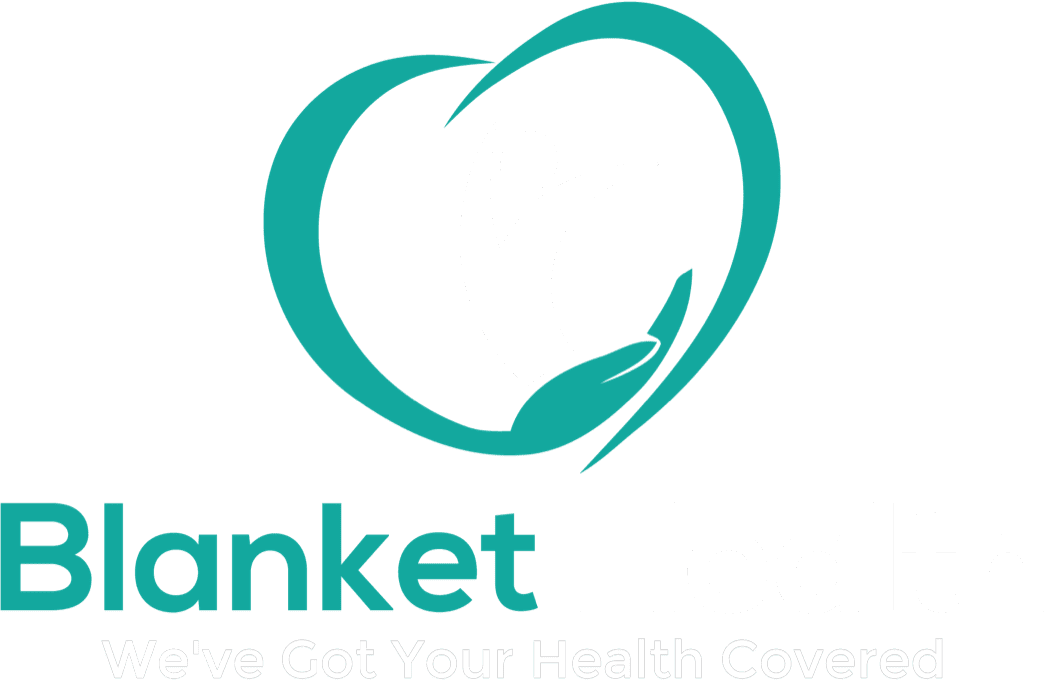Cancer is a formidable adversary that affects millions of lives worldwide. However, modern medicine has provided a potent weapon in the fight against this disease: cancer screening. Screening tests are pivotal in the early detection of cancer, which can significantly improve treatment outcomes and increase the chances of survival. In this comprehensive article, we will explore the world of cancer screening, delving into its significance, methods, guidelines, and the importance of informed decision-making.
The Significance of Cancer Screening
Cancer screening is a set of medical tests and examinations designed to detect cancer before symptoms manifest. Its significance lies in the fact that early detection often leads to more effective treatments and better outcomes. By identifying cancer at an earlier, more treatable stage, screening can reduce the need for aggressive therapies, improve the quality of life for patients, and ultimately save lives.
Methods of Cancer Screening
 There are several primary methods of cancer screening, each tailored to detect specific types of cancer:
There are several primary methods of cancer screening, each tailored to detect specific types of cancer:
1. Mammography: Mammography is the gold standard for breast cancer screening. It involves taking X-ray images of breast tissue to detect abnormalities, such as tumors or calcifications. Regular mammograms can detect breast cancer at an early stage, often before symptoms develop.
2. Pap Smear and HPV Testing: Cervical cancer screening typically involves a Pap smear to identify abnormal cervical cells. In addition, HPV (human papillomavirus) testing can be performed to assess the presence of high-risk HPV strains associated with cervical cancer.
3. Colonoscopy: Colonoscopy is the primary method for colorectal cancer screening. It involves the examination of the colon and rectum using a flexible tube with a camera to identify precancerous polyps or early-stage cancers.
4. PSA Test: The PSA (prostate-specific antigen) blood test is used for prostate cancer screening. Elevated PSA levels may indicate the presence of prostate cancer or other conditions, necessitating further evaluation.
5. Lung Cancer Screening: Low-dose computed tomography (LDCT) scans are used for lung cancer screening in individuals at high risk, such as current or former smokers. LDCT can detect lung nodules and other early signs of lung cancer.
Screening Guidelines
Cancer screening guidelines are established by medical organizations and are based on extensive research and evidence. These guidelines provide recommendations on when and how often individuals should undergo specific screening tests based on their age, gender, and risk factors. For example, breast cancer screening guidelines may recommend annual mammograms for women starting at a certain age, while cervical cancer screening may be recommended every three to five years for women within a certain age range.
It’s crucial to note that screening guidelines may vary between organizations and may evolve over time as new research emerges. Additionally, individual factors like family history and personal risk should be considered when determining the most appropriate screening plan. Healthcare providers play a vital role in guiding patients based on their specific circumstances.
Informed Decision-Making
Informed decision-making is a fundamental aspect of cancer screening. Individuals should engage in open and informed discussions with their healthcare providers to determine the best screening plan for their unique situation. This dialogue should consider the potential benefits, limitations, and risks of screening.
Additionally, individuals should weigh the potential benefits of early detection against the possibility of false positives, over diagnosis, and the emotional toll of unnecessary tests and treatments. Informed decision-making empowers individuals to make choices aligned with their values and preferences, ensuring that the screening process is both beneficial and meaningful.
Cancer screening is a powerful tool in the fight against cancer. By detecting the disease at an early stage, it can significantly improve treatment outcomes, enhance the quality of life for patients, and save lives. However, it’s essential to approach screening with a balanced perspective, taking into account individual risk factors, screening guidelines, and informed decision-making. Regular discussions with healthcare providers and adherence to recommended screening guidelines can contribute to the early detection of cancer, ultimately increasing the chances of successful treatment and better outcomes. Cancer screening is not a one-size-fits-all approach; it is a personalized strategy that empowers individuals to take control of their health and well-being in the battle against cancer.



 There are several primary methods of cancer screening, each tailored to detect specific types of cancer:
There are several primary methods of cancer screening, each tailored to detect specific types of cancer: In some cases, the screening procedure may involve sedation or anesthesia. If this is the case, you should arrange for someone to drive you home after the screening, as you may not be in a condition to operate a vehicle.
In some cases, the screening procedure may involve sedation or anesthesia. If this is the case, you should arrange for someone to drive you home after the screening, as you may not be in a condition to operate a vehicle.
